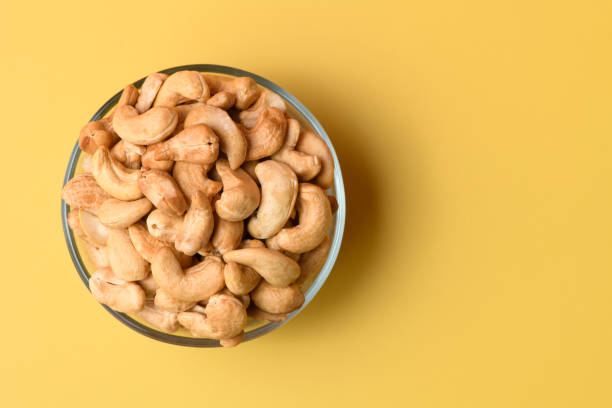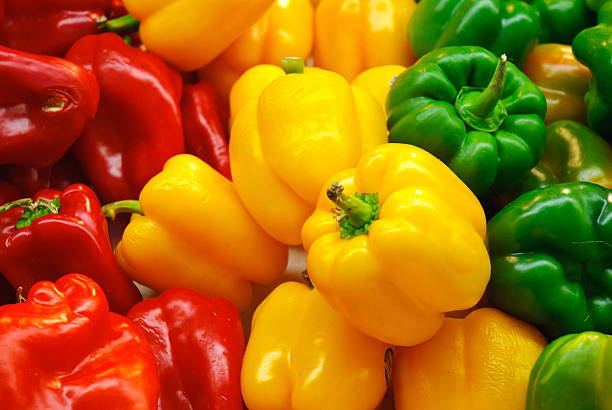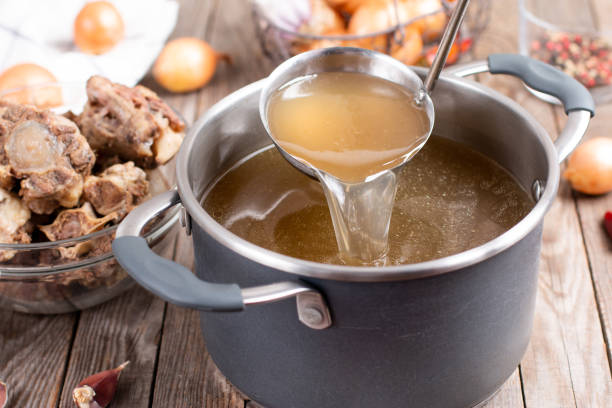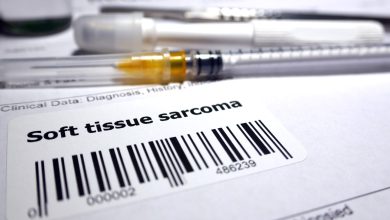13 Foods That Help Your Body Produce Collagen


Eating collagen-rich meals like chicken and foods that boost collagen formation, like berries, can do wonders for your skin and health.
According to Krista Goncalves, CHN, a certified holistic nutritionist, “Diet plays a surprisingly large role in the appearance and youthfulness of your skin.” (Healthline). “And the key ingredient is collagen.”
The protein collagen imparts skin’s structure, suppleness, and stretchiness. Wrinkles and thinning skin are natural consequences of aging caused by a gradual loss of collagen production.
This explains why collagen supplements are all the rage, popping up in every social media feed and shop shelf. Are collagen supplements preferable to dietary collagen, though? So, which foods are good sources of collagen?
Supplement Vs. Food
Bioavailability, or the degree to which your body can utilize a nutrient, decides between dietary collagen and collagen supplements.
Dietitian Carrie Gabriel (MS, RDN) explains that bone broth and other foods contain a bioavailable type of collagen that the body can utilize immediately, making them a better option than pills. However, minimal data support the idea that collagen found in dietary sources is more bioavailable.
Dietary approaches to increasing collagen levels are likely the safest option, as over-the-counter (OTC) supplements are not subject to FDA regulation.
Eating foods rich in collagen or that increase collagen synthesis may provide the amino acids you need to achieve your skin objectives.
“Proline, lysine, and glycine are the three amino acids crucial for collagen synthesis,” says Katey Davidson, MScFN, RD, a registered dietitian and consultant in cosmetic nutrition. Thus, all three play a role in the process by which your body increases its collagen production.
Bone Broth
Despite popular belief, bone broth contains little collagen. A 2019 study found that it lacks sufficient collagen to significantly impact health.
Simmering animal bones in water is claimed to extract collagen in bone broth.
Davidson states bone broth includes calcium, magnesium, phosphorus, collagen, glucosamine, chondroitin, amino acids, and many other minerals since it is formed of bones and connective tissue. “However, each bone broth differs due to bone quality and other ingredients.”
If you want to eat bone broth, make your own using bones from a good butcher. This will ensure the quality of the broth, which you can flavor with spices.

Chicken
There’s a reason why many collagen supplements are derived from chicken — it’s relatively high in protein. If you’ve ever cut up a whole chicken, you’ve probably noticed how much connective tissue poultry contains. These tissues make chicken a rich source of dietary collagen. A 2022 study in mice used chicken bone and cartilage as a source of collagen to relieve arthritis, inflammation, and more. Collagen content varies throughout the chicken, though. For example, thigh meat contains more collagen than breast meat.

Fish
Like other animals, fish have collagen bones and ligaments. Many believe marine collagen is readily absorbed. Studies suggest this collagen type may be more bioavailable and beneficial for skin health and elasticity (2023 review).
Your lunchtime tuna sandwich or dinnertime salmon can boost your collagen intake, but fish “meat” contains less collagen than other less desirable portions.
Gabriel states, “We don’t tend to consume the highest collagen parts of fish, like the head, scales, or eyeballs.” A marine collagen supplement may be more appealing if these don’t seem appealing.

Egg Whites
Egg whites have substantial proline levels while lacking connective structures like other animal products. This amino acid is needed to make collagen.

Citrus Fruits
Vitamin C is crucial for producing pro-collagen, the body’s precursor to collagen. Thus, it aids collagen production.
This vitamin is abundant in oranges, grapefruit, lemons, and limes. Try broiled grapefruit for breakfast, orange segments in salads, or yellow peppers in stir-fries.
RELATED: Does Dry Skin Worsen Acne? Collagen and Black Skin

Berries
Berries are another good source of vitamin C, while citrus gets all the attention. Fresh strawberries, raspberries, blueberries, and blackberries are rich in it.
Berries are abundant in antioxidants, which protect the skin, adds Davidson.

Tropical Fruits
Mango, kiwi, pineapple, and guava are vitamin C-rich tropical fruits. Zinc, another collagen co-factor, is found in guava in modest amounts.

Garlic
The addition of garlic to stir-fries and pasta dishes may enhance their taste. Also, it may increase collagen production.
Gabriel says, “Garlic is high in sulfur, a trace mineral that helps synthesize and prevent collagen breakdown.”
Consumption matters, however. It may take a lot to get collagen benefits, she notes. This may not be possible, but garlic’s potential advantages make it worth eating regularly.

Leafy Greens
A healthy diet relies on leafy greens. It turns out that they may help the skin.
Chlorophyll, an antioxidant, colors spinach, kale, Swiss chard, and other salad greens.
Gabriel noted that chlorophyll enhances skin collagen precursors in several tests.

Beans
Beans are a high-protein food that often contains lysine, one of the amino acids necessary for collagen synthesis. Plus, many beans are rich in copper, another nutrient necessary for collagen production.

Cashews
Make it cashews the next time you reach for a handful of nuts to snack on. These filling nuts contain zinc and copper, which boost the body’s ability to create collagen.

Tomatoes
Another hidden source of vitamin C, one medium tomato can provide a significant amount of this important nutrient for collagen synthesis. Tomatoes also boast large amounts of lycopene, a powerful antioxidant for skin support.

Bell Peppers
While adding tomatoes to a salad or sandwich, toss in some bell peppers, too. These Vitamin C-rich vegetables include capsaicin, an anti-inflammatory. Research indicates capsaicin may prevent collagen loss and skin damage in mice.
Keep An Eye On Sugar
Increase collagen production by eating high-collagen animals or plant meals or vitamin- and mineral-rich fruits and vegetables.
Remember, there’s no one sauce for meals you don’t like. A plant or animal protein diet may provide these essential amino acids.
Other collagen-producing minerals include zinc, vitamin C, and vitamin E. Vitamin- and mineral-rich fruits and vegetables promote soft skin.
Also, limit sugar and processed carbs like white bread and pastries. Inflammation may limit collagen production.
Does Collagen Help?
Eating various meals might not be easy, and some experts wonder whether collagen-rich foods tighten skin.
Stomach acid may break down collagen proteins, inhibiting their skin absorption.
Many specialists are hesitant to conclude dietary collagen for pro-aging skin health is currently being studied.
However, some research seems encouraging. A 2023 meta-analysis of 26 papers suggests oral collagen may improve skin health, but more study is needed to confirm.





